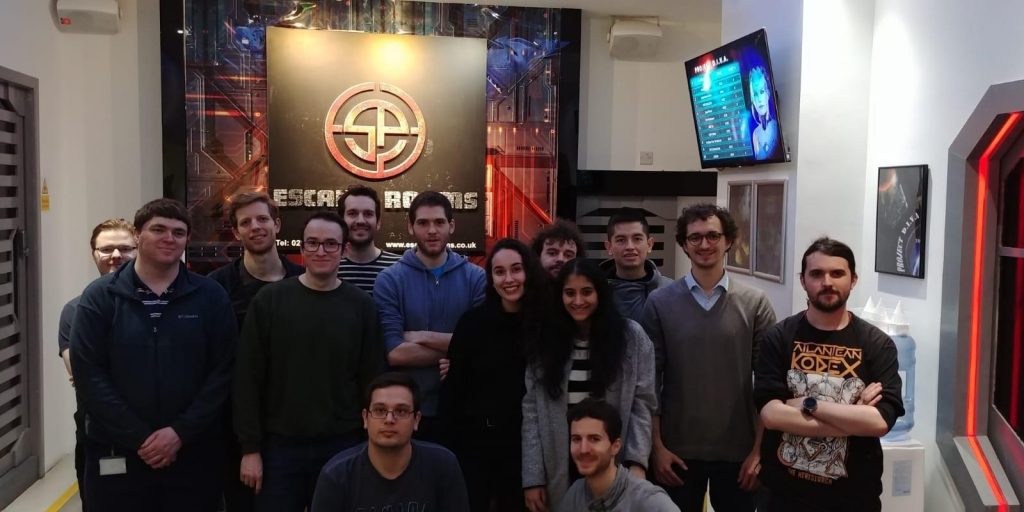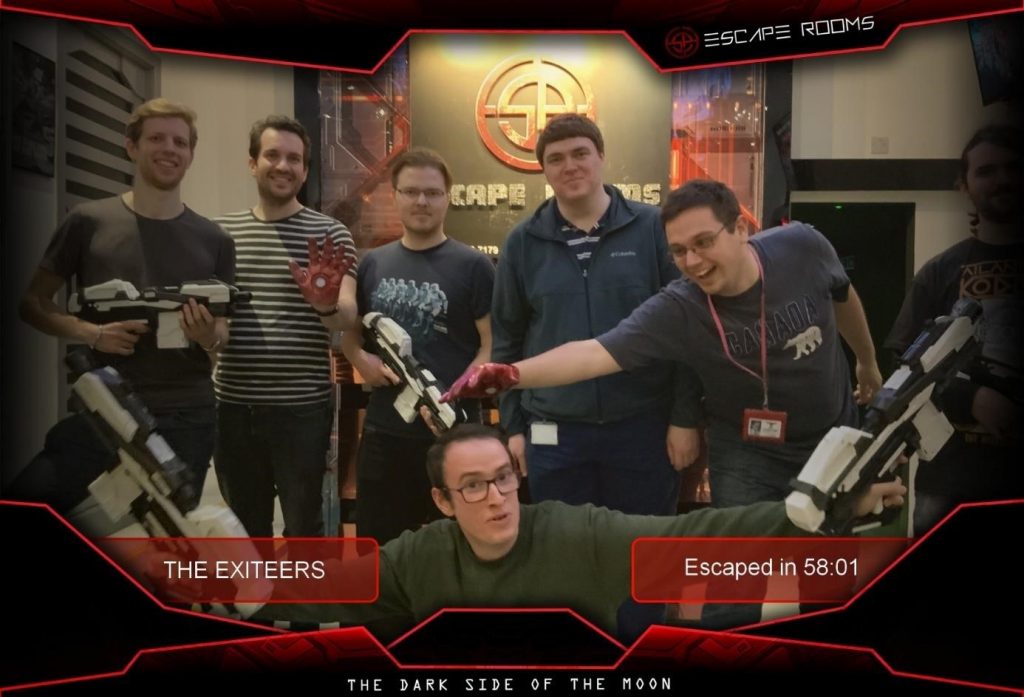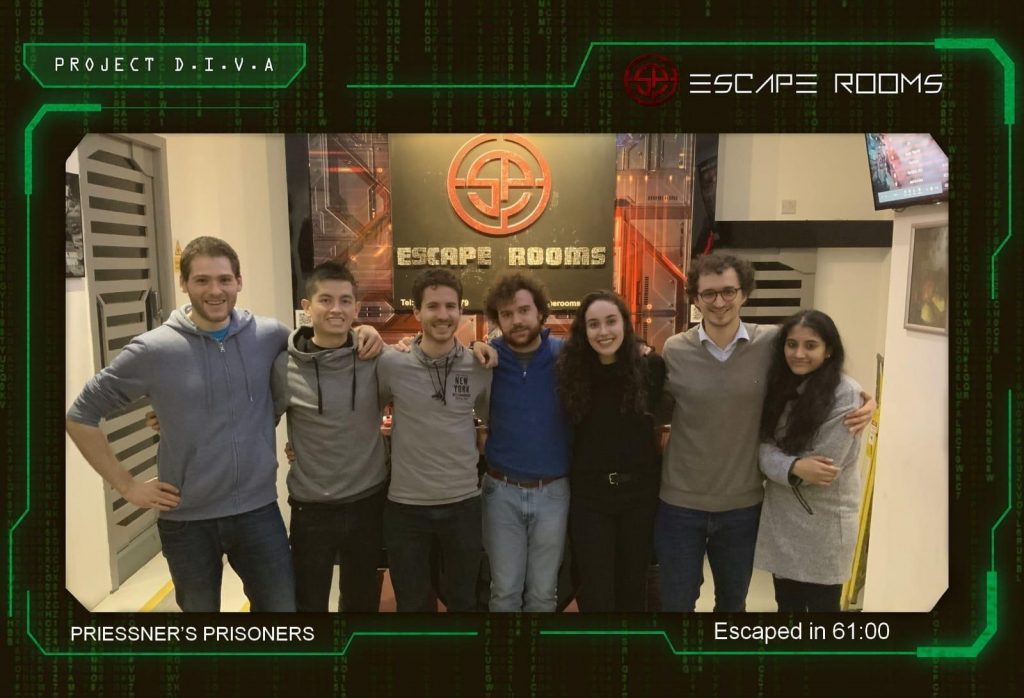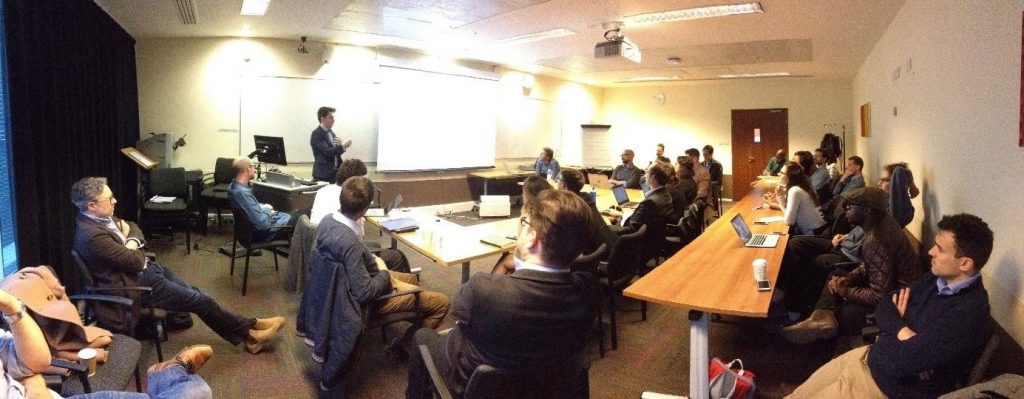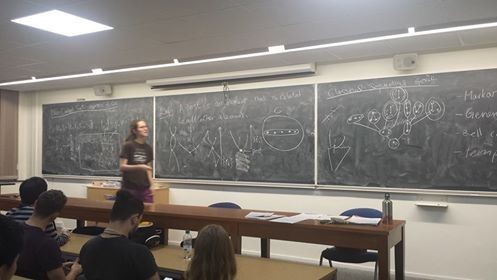12th-15th September 2019 – Synthetic Biology Snowdonia Retreat
Successful early and late stage PhD assessment submissions mean only one thing… escape from the fast pace of University life is required. In mid-September, a dozen graduate students from the Centre of Synthetic Biology packed their bags and made their way to the beautiful and dramatic mountains of Snowdonia National Park in North Wales for a long weekend away from the city. The purpose of the trip was for the current graduate students to bond over some of the UK’s best hikes, while also spending some quality time with some of the 2019 master’s students before they leave Imperial to do their own thing, ensuring long lasting connections.
On the first day, they climbed the largest and most formidable mountain (in Wales), Snowdon. The unpredictable weather of the British Isles managed to hold out, and they all made it up, taking many stops along the way to absorb the magnificence of the Welsh outdoors. The day was finished off in one of the seemingly infinite number of awesome pubs Wales had to offer, to refuel and numb the aching legs.

(Top left) The hut on the north eastern edge of Snowdonia National Park. (Top middle) There were a lot of bugs in the bedrooms. Modern problems require modern solutions. (Top right) Hiking up the Pyg track to the top of Snowdon. (Bottom left) “Candid” photo opportunity overlooking llyn llydaw. (Bottom middle) Getting a quick group photo at the summit of Snowdon before the cloud came in. (Bottom right) Who?
On the second day, they made their way to the quaint village of Beddgelert, where one group took a peaceful walk through the valley, past waterfalls, and around Llyn Dinas. The other group took on the challenge of the Moel Hebog loop, where the majority of the conversation was predicting the incline of the slope (between heavy breaths). That evening, they headed back to the hut to cook up a feast and to play board games.
Before heading back to London life, they made one last trip to one of the most picturesque lakes in Snowdonia, Llyn Idwal. Although luck had run out on the weather, the mist that slowly drifted past only added to the enchantment of the lake.

(Top left) It wouldn’t be a trip to Wales without at least one dragon themed bench. This one was well and truly conquered. (Top middle) Scrambling up the steep slopes of Moel Hebog was especially challenging. (Top right) Summiting Moel yr Ogof. The clouds had all cleared and celebrations got out of control. (Bottom left) With low visibility it wasn’t obvious some paths led to a wet ending. (Bottom middle) Walking around the beautiful Llyn Idwal. (Bottom right) The result of 3 long days of hiking. Maybe another retreat is needed?
Overall, the trip was a great success. A fantastic bonding experience for the graduate students and a well needed refresher before heading into the next academic year. Thursday to Sunday turned out to be the ideal length of time to enjoy a variety of the walks Snowdonia has to offer. 12 people was also the perfect number of people in regard to transport (minibus), accommodation, eating out, and organising the day trips. The Synthetic Biology summer retreat will definitely be a new annual tradition!
Thank you to the Graduate School for agreeing to sponsor this event.

Key locations in Snowdonia National Park.



















